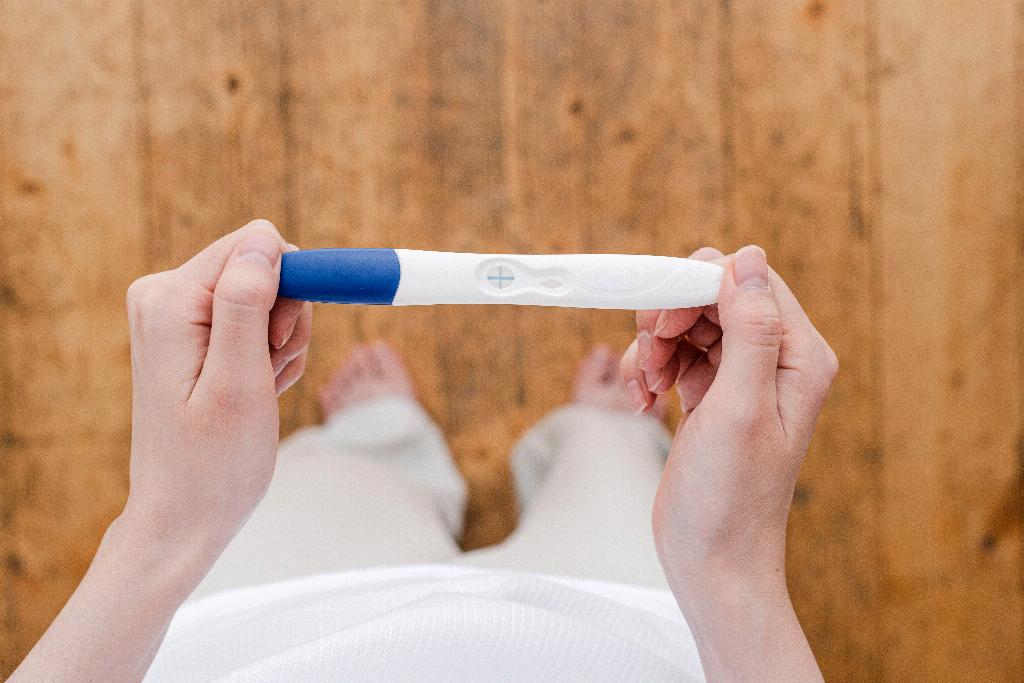When it comes to enjoying seafood during pregnancy, many women are understandably cautious. The concern often revolves around the potential risk of consuming fish that may contain high levels of mercury or other contaminants. However, in the case of shrimp and lobster, you’ll be pleased to know that these delicious crustaceans are generally safe options for expectant mothers.
Shrimp and lobster are both excellent sources of lean protein, essential nutrients, and healthy fats, making them a valuable addition to a balanced pregnancy diet. While concerns about seafood consumption during pregnancy are valid, it’s important to note that certain varieties are considered safe and beneficial for both the mother and the developing baby.
One of the key reasons why shrimp and lobster can be safely consumed during pregnancy is their relatively low mercury content compared to certain predatory fish species. High levels of mercury exposure can pose risks to fetal development, but with shrimp and lobster, this concern is minimal, making them a suitable choice for expectant mothers looking to enjoy a seafood treat.
Shrimp and lobster also provide essential nutrients such as omega-3 fatty acids, which play a crucial role in fetal brain development and overall growth. Incorporating these nutrients into your pregnancy diet can offer benefits that support both your health and the well-being of your baby, making seafood like shrimp and lobster a valuable addition to your meal plan.
It’s important to ensure that the shrimp and lobster you consume during pregnancy are cooked thoroughly to eliminate any potential bacteria or parasites that could pose a risk. Proper cooking methods, such as boiling, steaming, or grilling, can help reduce the likelihood of foodborne illnesses, ensuring that you can enjoy these delicious seafood options safely.
While some individuals may have allergies to shellfish like shrimp and lobster, if you have safely consumed these foods before pregnancy without any adverse reactions, it’s generally considered safe to continue including them in your diet while pregnant. Always be mindful of any potential allergic reactions and consult with your healthcare provider if you have concerns.
Incorporating a variety of seafood into your pregnancy diet can offer a range of nutritional benefits that support both your health and the development of your baby. Shrimp and lobster are versatile options that can be enjoyed in various dishes, providing a tasty way to boost your protein intake and essential nutrient levels during this important time.
As with any dietary choices during pregnancy, moderation is key. While shrimp and lobster can be a healthy addition to your meals, it’s important to maintain a balanced diet that includes a variety of foods to ensure you’re getting all the nutrients you and your baby need. Consulting with a healthcare provider or nutritionist can help you create a well-rounded meal plan.
If you have any concerns about consuming seafood during pregnancy, including shrimp and lobster, it’s always best to seek guidance from a qualified healthcare professional. They can offer personalized advice based on your individual health needs and help you make informed decisions about the foods you choose to include in your diet while expecting.
In conclusion, enjoying shrimp and lobster while pregnant can be a safe and nutritious choice for expectant mothers. These seafood options offer valuable nutrients, such as protein and omega-3 fatty acids, that can support both maternal health and fetal development. By following proper cooking practices and being mindful of any allergies or sensitivities, you can savor these delicious crustaceans as part of a well-rounded pregnancy diet.

